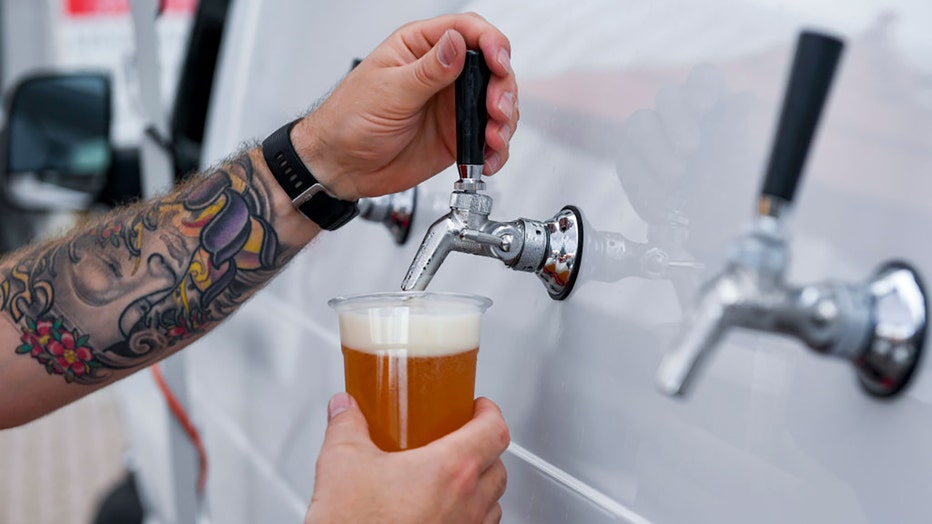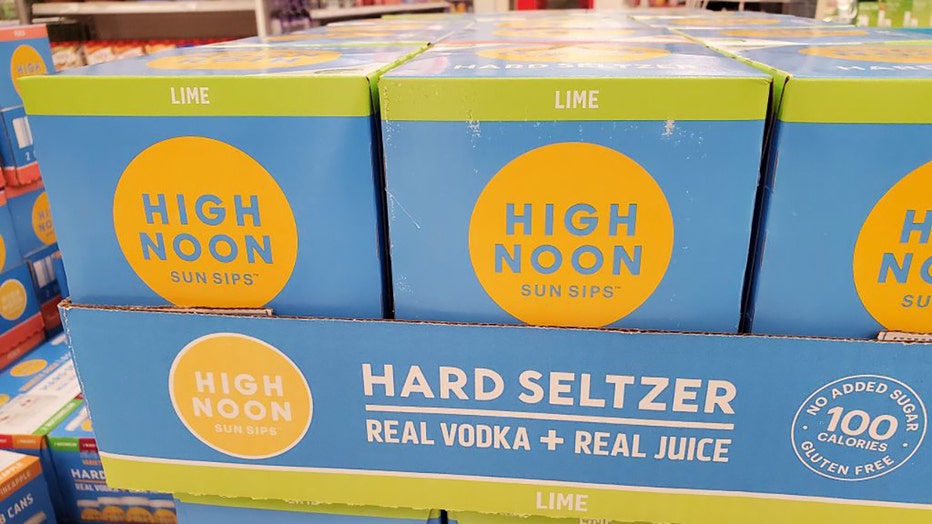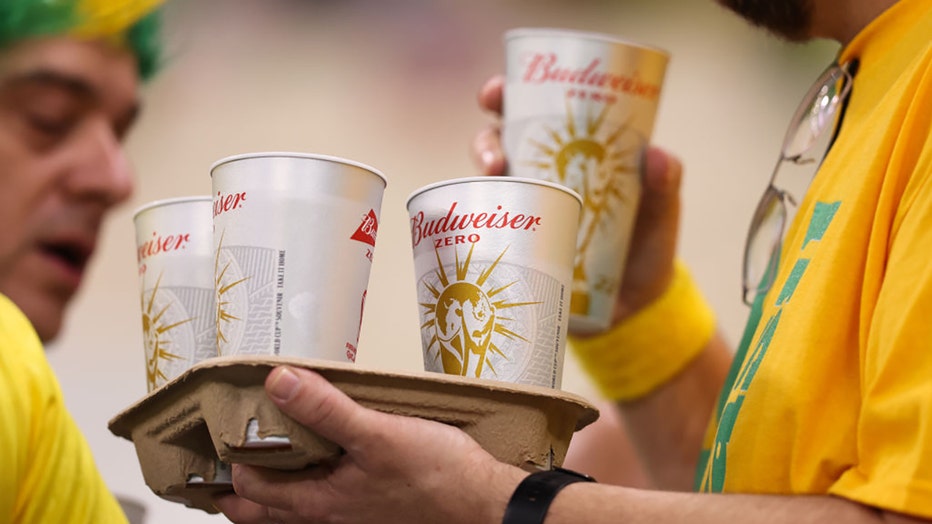US beer sales dip to lowest level in 24 years – and Bud Light fallout wasn't the only factor
Alcohol guidance from the CDC
Alcohol can have very dangerous long-term effects on a person's health if abused.
It wasn’t just Bud Light that took a hit in 2023. It was a tough year for the beer industry as a whole, according to industry data.
For the first time since 1999, beer shipments were on track to fall below 200 million barrels in the U.S., according to industry group Beer Marketer's INSIGHTS (BMI).
For comparison, the U.S. beer industry in 2021 sold 208.6 million barrels of beer, National Beer Wholesalers Association data shows. A traditional keg in a bar is equal to half a barrel.
Specifically, the volume of beer shipments in the U.S. declined more than 5% year-to-date through September 2023 compared to a year ago, BMI Vice President David Steinman told FOX Television Stations. The trend was expected to continue into the last quarter of 2023 based on initial estimates, but data was still being finalized.
The decline in beer consumption was largely driven by Anheuser Busch’s Bud Light, which saw sales plunge earlier this year amid a conservative backlash after the brand sent a commemorative can to transgender influencer Dylan Mulvaney.
But other big brands also drove beer declines in 2023, including Michelob Ultra and Busch Light, Steinman said.
America’s beer-drinking plunge has also included the dip in craft beer sales, now in its third year of decline out of the last four, according to BMI estimates.

FILE - A person pours a beer for a customer on July 2, 2021, in Reading, Pennsylvania. (Photo by Ben Hasty/MediaNews Group/Reading Eagle via Getty Images)
Growth of hard seltzers, Mexican imports, and the ‘sober curious’
The hard seltzer market has exploded in recent years, and particularly in the U.S., with estimated revenues amounting to $37.7 billion in 2024, according to Statistica. The market is expected to grow annually by 8.94% over the next several years.
White Claw and Truly hard seltzers dominate the space, but other spirits-based seltzers like High Noon have been "collectively growing strong double-digits and gaining shelf space and occasions from beer," Steinman said.

FILE - Close-up of a stack of containers of High Noon brand hard seltzer in San Ramon, California, on July 23, 2020. (Photo by Smith Collection/Gado/Getty Images)
Another factor shaking things up in the alcohol industry is the ongoing growth of Mexican imports, mainly from Constellation Brands, led by Modelo Especial and Modelo Cheladas, plus Corona, Pacifico and Victoria, according to Steinman.
Modelo Especial, a Mexican lager, overtook Bud Light in U.S. retail dollar sales earlier this year amid the Dylan Mulvaney fallout.
"It was already growing at strong rates before Bud Light's fallout but appeared to accelerate since then as well," Steinman told FOX Television Stations.
Grupo Modelo, a Mexican brewer, is also owned by Bud Light’s parent company Anheuser-Busch InBev. But Constellation Brands, a Rochester, New York-based company, has been licensed to sell Modelo in the U.S. since 2013 as part of an agreement with antitrust regulators after InBev bought Grupo Modelo.
Constellation has nearly doubled its marketing spending on Modelo over the past five years and noted earlier this year how it continues to see a "runway for growth" in the U.S.
Meanwhile, abstinence challenges like "Dry January" and the "sober curious" movement have become more mainstream with many U.S. consumers opting to closely or occasionally follow a sober lifestyle for various reasons, including improving physical and mental health or saving money.

FILE - Brazil supporters carry cups of alcohol-free beer marked "Budweiser Zero" in the stands ahead of the FIFA World Cup Qatar 2022 Group G match between Brazil and Serbia at Lusail Stadium on November 24, 2022 in Lusail City, Qatar. (Photo by Alex
One survey in early 2023 found that one in four Americans were aware of the sober curious movement, meaning actively drinking less alcohol or not drinking it at all, and 34% said they were trying to drink less in 2023. A separate survey from June found that 41% of Americans agreed that no-alcohol months are a fun challenge, and 52% agreed that restaurants should offer more mocktails.
The growing interest in health and wellness has spurred non-alcoholic beer sales, with this category gaining double-digit growth in 2023, Steinman said, but sales remain less than 1% of total beer.
RELATED: Curious about 'Dry January?' Some benefits, tips, and what to drink in the meantime
This story was reported from Cincinnati.

